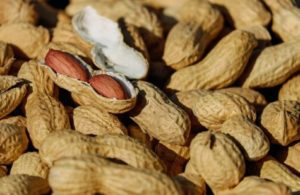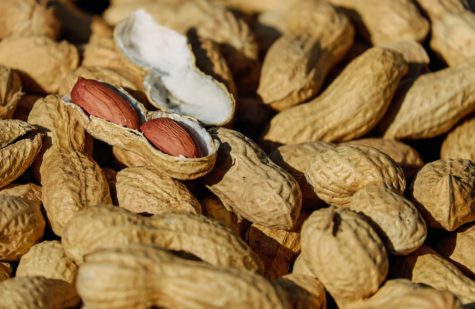STATE COLLEGE, Pa. — Looking to add an extra layer of protection against having a heart attack? Just add a side of peanuts to your lunch or dinner.
A new study finds that including peanuts with a meal helps keep your arteries stronger after eating — an important factor in allowing healthy blood flow, which lowers your risk of suffering from cardiovascular diseases that can result in heart attack or stroke.

Researchers at Penn State University studied 15 overweight and obese men who were otherwise healthy, and had them eat a high-fat meal, following by three-ounces of unsalted peanuts (about three times the amount of an average serving) ground into a shake. A control group was then instructed to eat the same meal, but those participants were fed a shake that contained no peanuts, but was similar in size and nutritional value.
Thirty minutes after the meal, the researchers drew blood from the participants and measured for lipid, lipoprotein, and insulin levels. Blood was drawn again an hour after the meal, and then again at two hours and four hours after the meal. Blood flow was monitored via ultrasound.
The authors determined that the individuals who consumed the peanut shake saw a 32 percent reduction in levels of triglycerides — or fat in blood — compared to those who had the control shake.
The researchers say that grounding peanuts into a shake isn’t necessary for the result — people should see the same effect if eaten normally.
“Typically, whenever we eat something, it causes the arteries to get a little bit stiffer during the post-meal period, but we have shown that if you eat peanuts with your meal, this can help prevent the stiffening response,” says Penny Kris-Etherton, distinguished professor of nutrition at the university, in a press release.
“When the stiffening response happens in the cells that line the arteries, resulting in decreased elasticity in the arteries, it can limit the availability of nitric oxide, and when there’s less nitric oxide, the arteries don’t dilate that much,” she adds. “What you want is a dilation of the arteries and for them to be really elastic.”
Kris-Etherton says that stiffened arteries force the heart to work harder and thus raises the risk of disease and potentially heart failure.
“After a meal, triglycerides increase and this typically decreases the dilation of the arteries, but the peanuts prevent that big increase in triglycerides after the meal,” says Kris-Etherton. “And that may be the mechanism behind this effect, because the triglycerides are not getting so high, which may explain why there is not a decrease in artery elasticity.”
The study was published last month in the Journal of Nutrition.

So how about having a slice of toast with peanut butter with every meal?